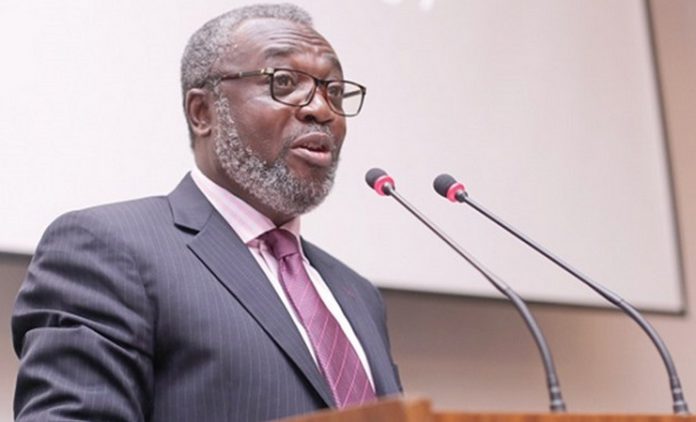The Presidential Adviser on Health, Dr. Anthony Nsiah-Asare, has attributed the recent increase in the cost of renal dialysis to foreign exchange fluctuations.
He indicated that, though import charges also played a role in the hikes, the largest contributory factor is the foreign exchange regime in recent months.
Ghanaians, particularly patients on dialysis treatment, lamented when the Korle-Bu Teaching Hospital’s Renal Dialysis Unit on Wednesday, September 27 announced an increase from GH¢380 to GHS¢765.42 per dialysis session.
The Minority Caucus in Parliament described the increase as illegal and outrageous and called on the Hospital to immediately reverse the increase.
But speaking on Citi FM, the Presidential Advisor on Health said dialysis is generally expensive, irrespective of the location where the treatment is given, and attributed Ghana’s hikes to foreign exchange differences.
He explained that, most of the dialysis consumables are disposal materials, which also explains the increase and admonished hospitals to make use of the Tax Exemption Regime to avoid paying import duties.
“Dialysis is generally expensive irrespective of wherever you are coming from and most of the things we use in dialysis are used once and disposed and almost all the things we use in dialysis are imported into the country and the problem is because of the foreign exchange regime and what has happened over the period of time is the foreign exchange.
What we need to do holistically is to look at the causes of renal cases that we have, the burden, the treatment methods available, the preventive measures to put in place and we need to look at these things holistically,” Dr. Nsiah-Asare added.
ALSO READ:

